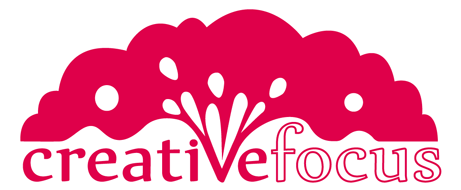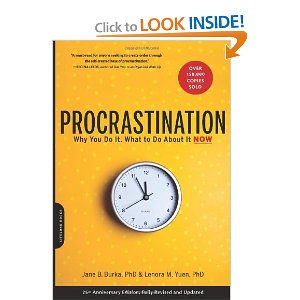Posted by Dr.Hughes in the Creative Community category on 16-09-2011
What was the last good, positive thing that happened to you? Perhaps it made you smile or dance around the room or maybe even want to shout it from the rooftops. We all want to feel good, both in the moment and about our lives in general. And most of us do this automatically by using strategies to help savour those precious happy times.
Research suggests we don’t always use the best strategies to feel good. In fact some strategies heighten good feelings and overall satisfaction, while others can reduce them. Quoidbach et al. (2010) call these savouring and dampening strategies. They carried out some research to see
which were most effective and how they affect both our thoughts and feelings.
Here are the standard four savouring strategies that we tend to use. Each is paired with the corresponding dampening strategy:
1. Showing you’re happy
Savour: If you’re happy and you know it…then smile! Our physical actions feed back into how we feel and displaying happiness makes us feel even happier. This is known as embodied cognition: check out this article on 10 Postures That Boost Performance.
Dampen: But sometimes people don’t like to show they’re happy. Whether it’s because of fear, shyness or modesty, people do hide their positive emotions. Whatever the reason, it’s likely to make us less happy if we suppress our positive emotions.
2. Being present
Savour: Our minds naturally wander, even when we’re busy (see this article: Does Keeping Busy Make Us Happy?). But if we can keep focused on what we’re doing now we’ll feel better.
Dampen: Distraction is the enemy of savouring. Instead of enjoying what’s happening now, our minds wander off. Unfortunately we quite often wander off to our worries. This dampens down the positive emotion we feel.
3. Celebrating
Savour: If something good happens then make sure you celebrate it by telling others. By capitalising on our success (or luck) when it comes along, we increase our positive emotions. So, throw a party!
Dampen: Instead of celebrating, though, sometimes people look for faults. Yes, they say to themselves, this was good, but it could have been better. This tends to reduce life satisfaction, optimism, self-esteem and happiness. Avoiding nit-picking will lead to more enjoyment.
4. Using positive mental time travel
Savour: Although our minds often wander to depressing subjects, they can also wander to good things. We can remember good times and anticipate upcoming events. I’ve often thought that one of the secrets of life is to try and always have something to look forward to, no matter how small it is.
Dampen: The other side of the coin is that our minds can just as easily take us back to past embarrassments or forward to imagined future irritations. The more we can resist this, clearly the happier we’ll be.
What works best?
All of these are very familiar but which savouring strategies work best and which dampening strategies are the most detrimental?
Quoidbach et al. found that positive mental time travel and being present were most strongly associated with heightened pleasure. The interesting thing is that these are opposite strategies: one involves focusing on the here and now while the other involves drifting off somewhere else.
The fact that both work is probably because most people feel happy enough the majority of the time and, if they don’t, they can wander off in their mind somewhere else fun.
So that’s our feelings in the moment, but what about our thoughts, our evaluations of how we’re doing: our life satisfaction? The best savouring strategy for increasing our life satisfaction was capitalising. According to this research there’s nothing better than celebrating our wins for helping us feel our lives are going well.
On the other hand fault-finding and letting the mind wander to negative events are most likely to reduce our satisfaction with life.
Overall this study found that there was no one silver bullet to maximising your positive emotions and life satisfaction. Some strategies were better than others, but overall the people who were happiest were those who were flexible with which strategy they used.
So if you want to feel better for more of the time then try out all of these strategies at different times and in different situations. The more you can adaptively boost (and avoid dampening) good feelings, the better you’ll feel.
( Source: psyblog.com)











